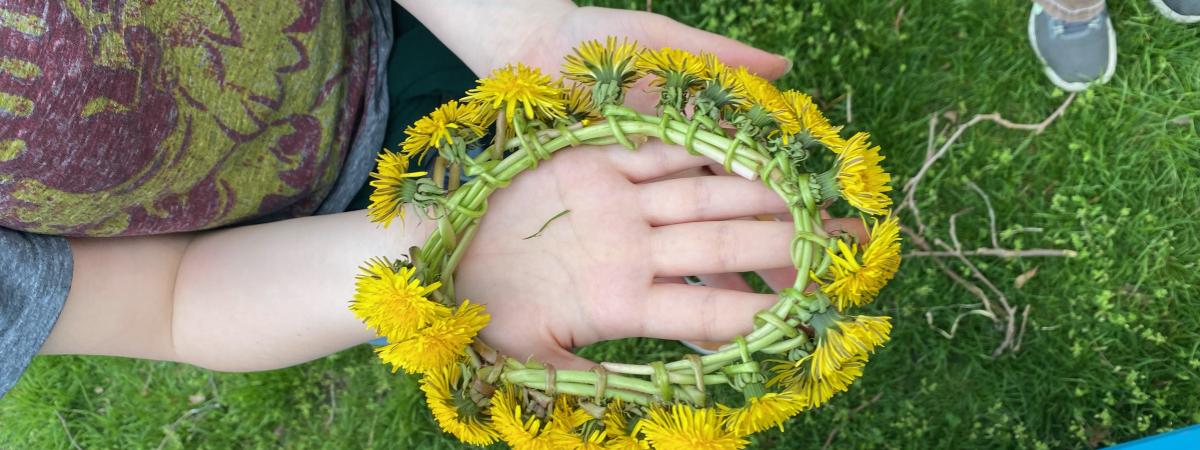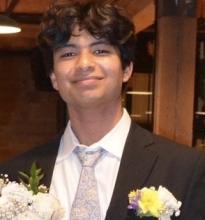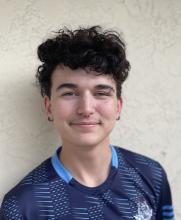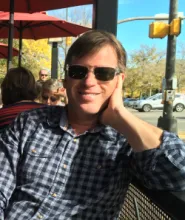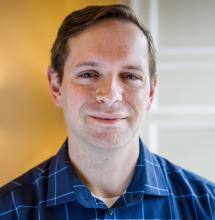The Ecology, Attention, Action discussion group is organized by a team of undergraduate fellows, graduate fellows, and faculty members. Questions/comments can be directed to Fey Parrill, fey.parrill@case.edu
Anastasia Frank
Volunteering and community leadership; campus engagement and health education; advocating for legal rights and environmental justice; fostering well-being through education and empowerment; committed to creating a sustainable and equitable future.
Sudi Harbool
Dedicated and personally invested in biological sciences. Engaged in research focused on Reproductive Biology, Physiology & Biophysics, and Surgery. Deeply involved in understanding cognitive health and the phenomena behind it. Versed in French language and culture, grounded in chemistry principles, and dedicated to social justice advocacy - complementing my core studies with a multidisciplinary approach.
Anurag Rakesh
First-year student at CWRU majoring in Neuroscience and Psychology with a minor in Bioethics. Specific interest in environmental medicine with a focus on climate change-induced neurological dysfunction. Loves music, plays a couple of instruments, also loves reading philosophy and hoarding houseplants. Deeply passionate about serving the community, especially the elderly, and about Nature and our connection to Her!
Elio Sherrill
Elio is a third-year student at CWRU studying Cognitive Science and Communication Sciences. Some areas of interest include early intervention, disability and communication disorders, environmental effects on child development, child poverty and nutrition, and environmental connectedness in people with disabilities.
Riley Faulhammer
Music cognition; auditory processing; psychology of 20th century avant-garde music and art; popular music studies; disability studies with a focus on communication disorders, neurodegenerative disorders and hearing loss.
Ellen Sauer Tanyeri
Ellen is a historical wind player and musicologist whose interests include acoustic ecology and the intersections of gender and instrumentality.
Timothy Beal, Religious Studies
Religious /spiritual traditions in coping with climate emotion and moving towards collective. Religious beliefs and human-environment relationships, human-machine relationships. Attending to bodily experiences as a way to shift thinking about suffering, moving us from despair to care.
Francesca Brittan, Music
Sound as index of environmental health/unhealth, health impacts of ambient noise, lack of access to natural spaces, raised voices in public discourse, auditory isolation, and erosion of expansive, inclusive forms of attention. Cultivation of deep, reparative forms of listening for reconnection to natural spaces, and lead to individual and community action.
Joshua Wilt, Psychological Sciences
Supernatural forces and nature connection, sacred beliefs and experiences, sanctification of nature, senses of interconnectedness or oneness, dogmatic beliefs (e.g., religious nationalism, fundamentalism, authoritarianism) or beliefs about dualistic contrasts between positive and negative spiritual realities (e.g., apocalyptic themes, afterlife punishments, demonic activity, or spiritual warfare) as possible predictors of ecological attention.
Nárcisz Fejes, English
Global food systems / food sovereignty, food justice, and food as medicine/ Details of the source of food, the production and preparation of it, the sharing of it. Connections between Indigenous food systems and animist narratives of nature as path to rethinking/rewriting current ruling social narratives centered on economic growth.
Fey Parrill, Cognitive Science
Embodied cognition (how the body interacts with the world to shape cognition), cognitive science of attention, visual attention and nature connection, ecopsychology, nature connection as path to mental, physical, community well-being, food systems, food justice, food sovereignty.
Andrea Rager, Art History & Art
Ecocriticism in art history, interrelationship of environmental and human impact through the global rise of industrialization, imperialism, settler colonialism, capitalism, and extractive industries. Interdisciplinary and intersectional ecocritical art history as means of illuminating moments of resistance and empowerment, ethical modes of humanistic scholarship that help to address the pressing crisis of climate change.


